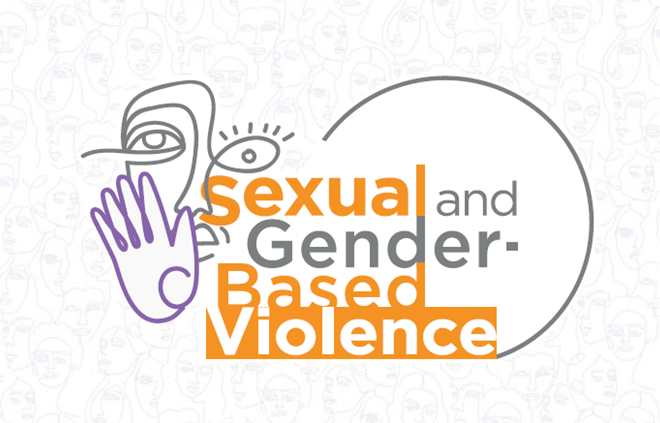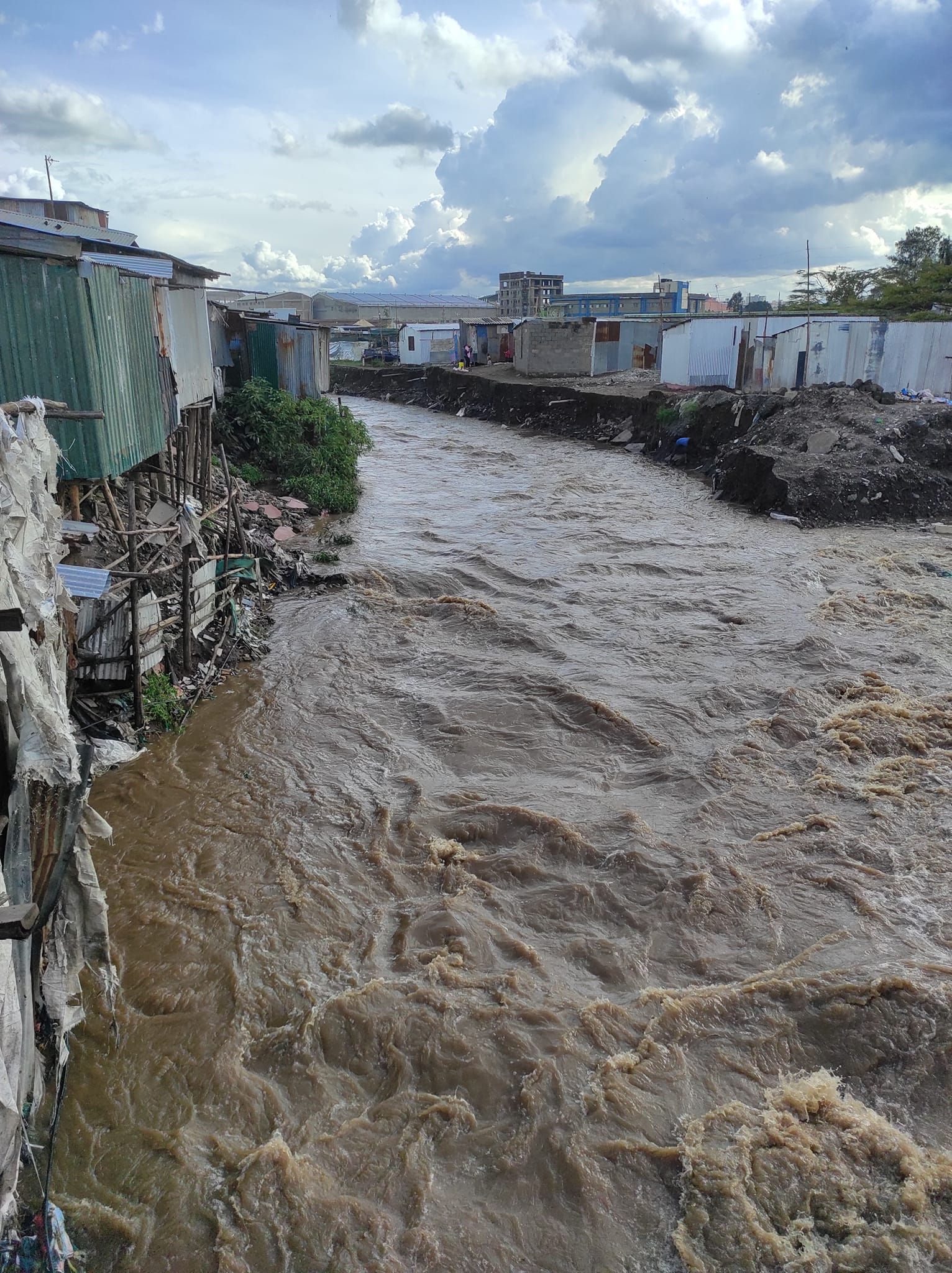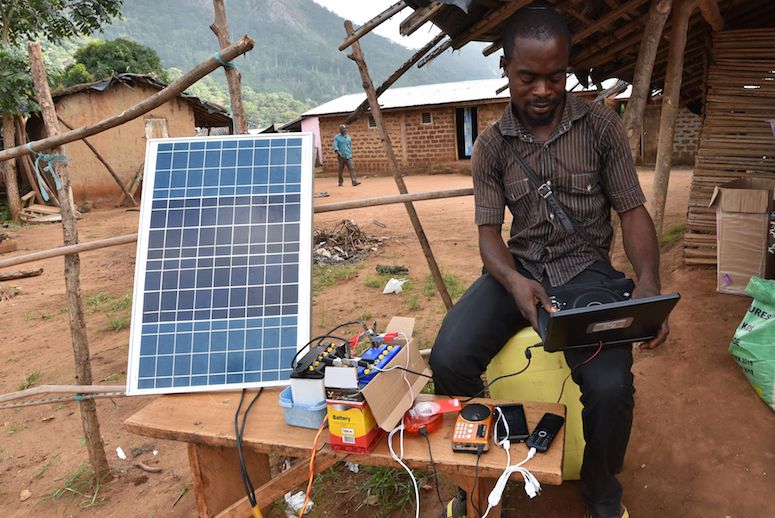FALSE: Photo does not show the drought situation in Embolioi, Kajiado County, in October 2022
FALSE: This video is not of a school bus seized by Kiambu residents for carrying machetes
The school bus caught fire at Kainuk in Kenya’s Turkana County, while transporting learners from a music festival.

This Facebook post purporting to show a video of a school bus seized by Kiambu residents in central Kenya for ferrying machetes is FALSE.
The attached video is of a school bus in flames and some people recovering navy blue mattresses from the vehicle. This is the first sign that the bus was not carrying machetes but mattresses.
The video recorder is heard saying, “vuruta yote chini [drag it all down]”. Other people in the background are wailing that the bus has caught fire “woi! woi! Imechoma gari [Ooh no! Ooh no! It has burnt the vehicle!]”.
In the video, people run helter-skelter in a bid to save the items in the bus. It is, therefore, highly unlikely that the residents seized the bus because it was carrying machetes.
The recording has a TikTok logo and username, an indication it was first shared on the short-form video hosting service platform. We visited the indicated TikTok username and established that the context and caption of the original video were different.
Mandela Lorukia, who first shared the video on TikTok, posted it alongside the text, “BREAKING NEWS. The bus of St James Kaikor Secondary Schools catch fire caused by hanging electrical lines at the service lane in Kainuk.”
From the video, the name on the school bus is “St James Kaikor Boys Secondary School”. The school is located in Kaikor, Lodwar, Turkana County.
A keyword search on Google also led us to a Facebook post shared by “Ewala Tv Turkana” on 18 July 2023. According to the post, the St James Kaikor School bus caught fire on its way back from the Kenya Music Festival Competitions in Narok. There were no reported casualties.
The TV station attached three images of the school bus on fire. Some students and residents are near the bus.
The video went viral on 19 July 2023, during the anti-Kenya government protests.
PesaCheck has looked into a Facebook post purporting to show a video of a school bus seized by Kiambu residents in central Kenya for ferrying machetes and found it to be FALSE.
This post is part of an ongoing series of PesaCheck fact-checks examining content marked as potential misinformation on Facebook and other social media platforms.
By partnering with Facebook and similar social media platforms, third-party fact-checking organisations like PesaCheck are helping to sort fact from fiction. We do this by giving the public deeper insight and context into posts they see in their social media feeds.
Have you spotted what you think is fake or false information on Facebook? Here’s how you can report. And, here’s more information on PesaCheck’s methodology for fact-checking questionable content.
This fact-check was written by PesaCheck fact-checker Naomi Wanjiku and edited by PesaCheck senior copy editor Cédrick Irakoze and acting chief copy editor Francis Mwaniki.
The article was approved for publication by PesaCheck managing editor Doreen Wainainah.
PesaCheck is East Africa’s first public finance fact-checking initiative. It was co-founded by Catherine Gicheru and Justin Arenstein, and is being incubated by the continent’s largest civic technology and data journalism accelerator: Code for Africa. It seeks to help the public separate fact from fiction in public pronouncements about the numbers that shape our world, with a special emphasis on pronouncements about public finances that shape the government’s delivery of Sustainable Development Goals (SDG) public services, such as healthcare, rural development and access to water/sanitation. PesaCheck also tests the accuracy of media reportage. To find out more about the project, visit pesacheck.org.
PesaCheck is an initiative of Code for Africa, through its innovateAFRICA fund, with support from Deutsche Welle Akademie, in partnership with a coalition of local African media and other civic watchdog organisations.






